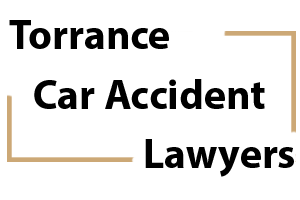Car Accident Injuries: Who Pays?
If you suffer injuries after a car accident, the first thing that you’re going to want to know is who pays the medical bills? The real answer is that it depends on the accident, state you live in and the insurance company. If the accident was someone else’s fault, there is a chance that the other driver has to pay. A few factors will help you decide, “Who pays for medical bills in a car accident?”
General Standards
One thing that you need to understand about car accidents is that you may be responsible for the payment of your medical bills as you receive them. Now, the exception comes in no fault states. Even if the other driver is at fault, he or she does not have to pay medical bills on an ongoing basis. The driver will have to pay you damages and the medical bills are a part of that, but they do not have to pay the bills as you receive them.
Non No Fault States
If you’re in a state that doesn’t have no fault insurance, then you may be responsible for your medical bills. Some drivers have medical payment insurance coverage. When one or both of the drivers have this coverage, then you may have some of the medical bills paid. However, if neither do, you are responsible.
No Fault States
In a no fault state, the insurer will pay some or all of the medical bills. It doesn’t matter who was at fault in terms of the accident. There are often limits to what the insurance company will pay. After the medical bills exceed the limit, then you are responsible for the rest. If you have health insurance, your insurer may pay your bills.
An Attorney’s Help
If you feel like you deserve damages, then it’s time to talk to an attorney about your accident. An attorney can help determine if you have a case and will advocate for you. They will know the best way to handle your case and take care of evidence, conversations with the insurer and any trial dates.
If you were in a car accident, you can’t always determine right away who should pay the medical bills.
There are many factors that go into who pays. Once you understand the ins and outs of your accident and know the laws in your state, you can determine who should pay. In some cases, this might mean that you have to take the case to trial.
